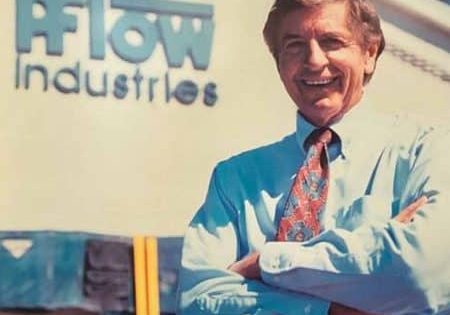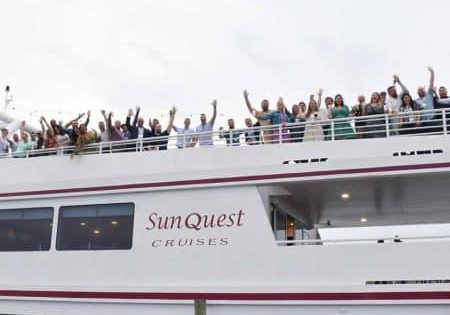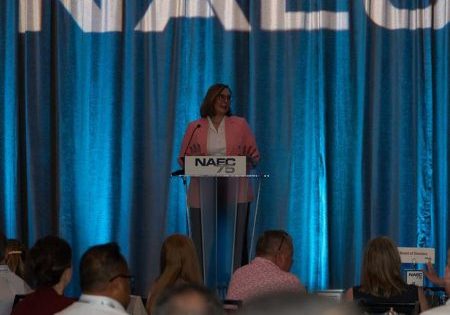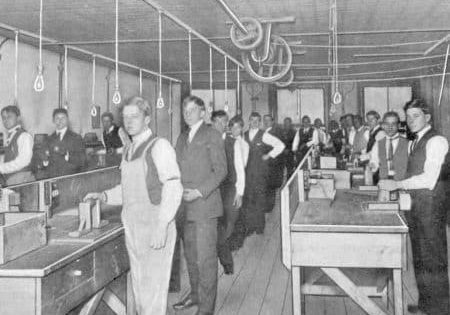Leadership Lessons From the Founding Fathers
Jul 1, 2024
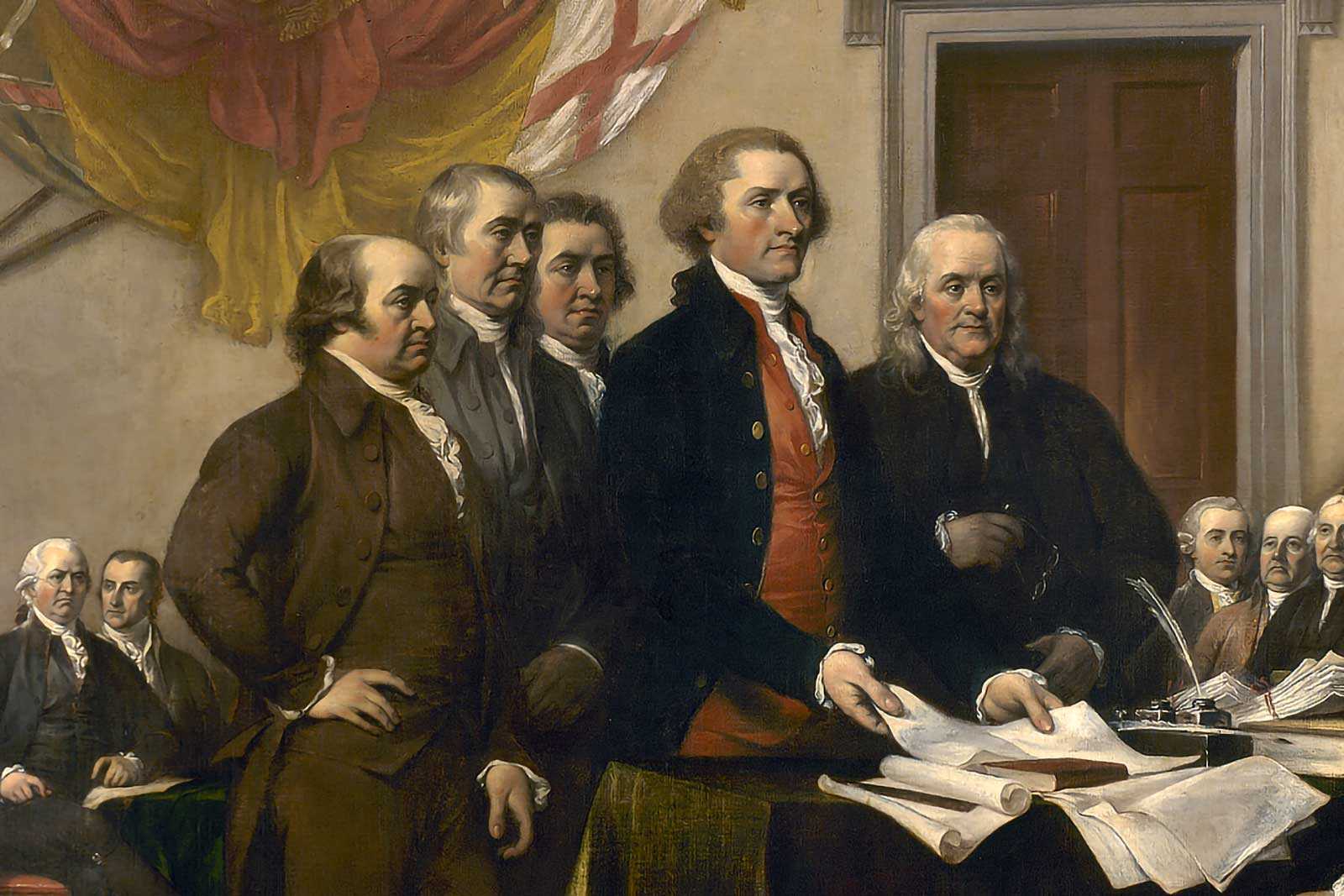
Practices that can still be applied today
One of my favorite books on leadership was given to me by a colleague more than 20 years ago. The book is titled The Founding Fathers on Leadership and examines the leadership principles the founding fathers adopted to build a nation. Those same leadership practices can be applied to today’s workplace challenges. The first chapter describes the challenges citizens faced shortly after the start of the American Revolution as the 13 original American colonies were being formed.
As the citizens of new colonies grappled with how to live a better life away from Europe’s influence, in what was referred to as the New World, King George III of Great Britain ascended to the throne, and he began to impose new policies that raised the cost to import goods to Great Britain from the American colonies. The book compares King George III to a boss who suddenly arrives to run an organization — with no respect for the culture or individuals that are already in place.
After numerous edicts were rolled out by King George III, there was a need for the colonies to develop leaders from within their own ranks who could take up the challenge of advocating for the rights of the people. These new leaders included the likes of George Washington, Thomas Jefferson, James Madison, John Adams and Benjamin Franklin.
In another landmark book Leadership, James MacGregor Burns says leadership is leaders acting — as well as caring, inspiring and persuading others to act — for certain shared goals that represent the values — the wants and needs, the aspirations and expectations — of themselves and the people they represent. And the genius of leadership lies in the way leaders care about, visualize and act on their own and their followers’ values and motivations.
The founding fathers embraced many of the leadership characteristics presented by Burns. The citizens of the original American colonies were scared. They felt they did not have a voice. They were forced to comply with the new laws passed from Great Britan. There was a leadership vacuum, and when there is a lack of leadership, there is chaos. Donald T. Phillips, author of The Founding Fathers on Leadership, remarks that history has shown especially effective leaders tend to emerge during periods of great change. For every turning point in American history, a creative leader — right for the times and uniquely suited to the task — took the helm: Abraham Lincoln during the Civil War; Frankin Roosevelt during the Great Depression and World War II; and Dr. Martin Luther King Jr. during the American Civil Rights movement.
There are three key takeaways to remember the type of leadership Phillips describes.
Adopting a bias for action, centered around shared goals, is what will catapult you to a high level of leadership success in your organization.
Leadership Omits the Use of Coercive Power
Effective leaders have mastered the art of getting people to do or act in a certain way through influence and not by force. Influential leaders inspire people to act by striking the right balance of concern for people and tasks. When people get inspired, wonderful things can happen.
Leaders Have a Bias for Action
Great leaders have a bias for action centered around shared goals. The citizens of the 13 original colonies had the shared goal of gaining independence one day from Great Britain. The founding fathers were dedicated to doing whatever it took to accomplish the shared goals of the people. Adopting a bias for action, centered around shared goals, is what will catapult you to a high level of leadership success in your organization.
Leaders Act With Respect to the Values of the People They Represent
Rather than be centered around a command-and-control hierarchy, leaders need to act in concert with the values of the people they represent. “If leaders are to act for the people they represent, they must first listen, establish trust, discuss, debate, understand and learn,” Phillips said.
Were it not for the energetic, driven and action-oriented characteristics of the founding fathers, the 13 original American colonies may not have ever achieved complete independence from Great Britain.
What is your organization’s time of great change? Are you the right leader for your organization? The author of The Founding Fathers on Leadership declares that the successful leadership principles employed by the founding fathers still apply today — in business, in politics and in life. I wholeheartedly agree, and I hope you do, as well.
Get more of Elevator World. Sign up for our free e-newsletter.



